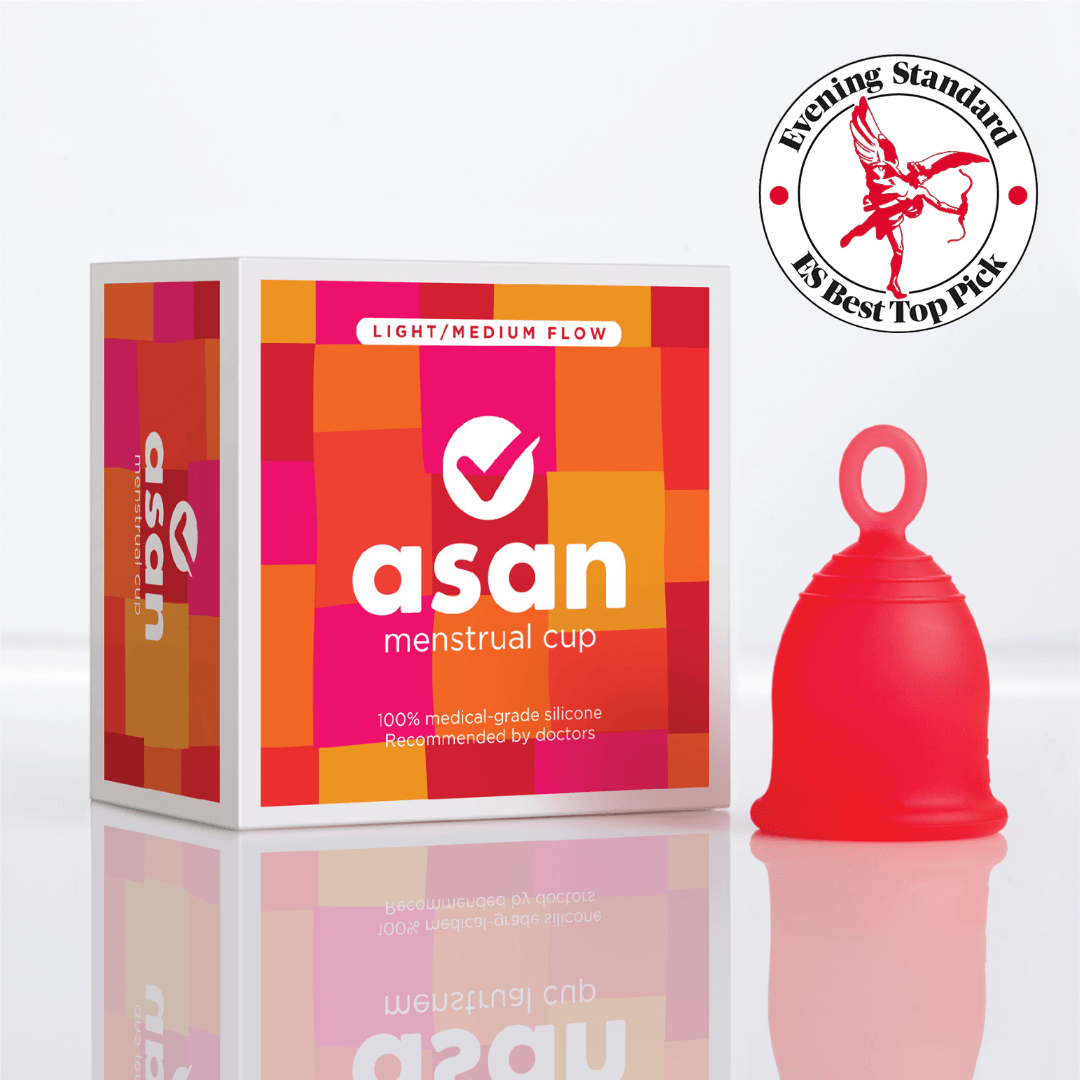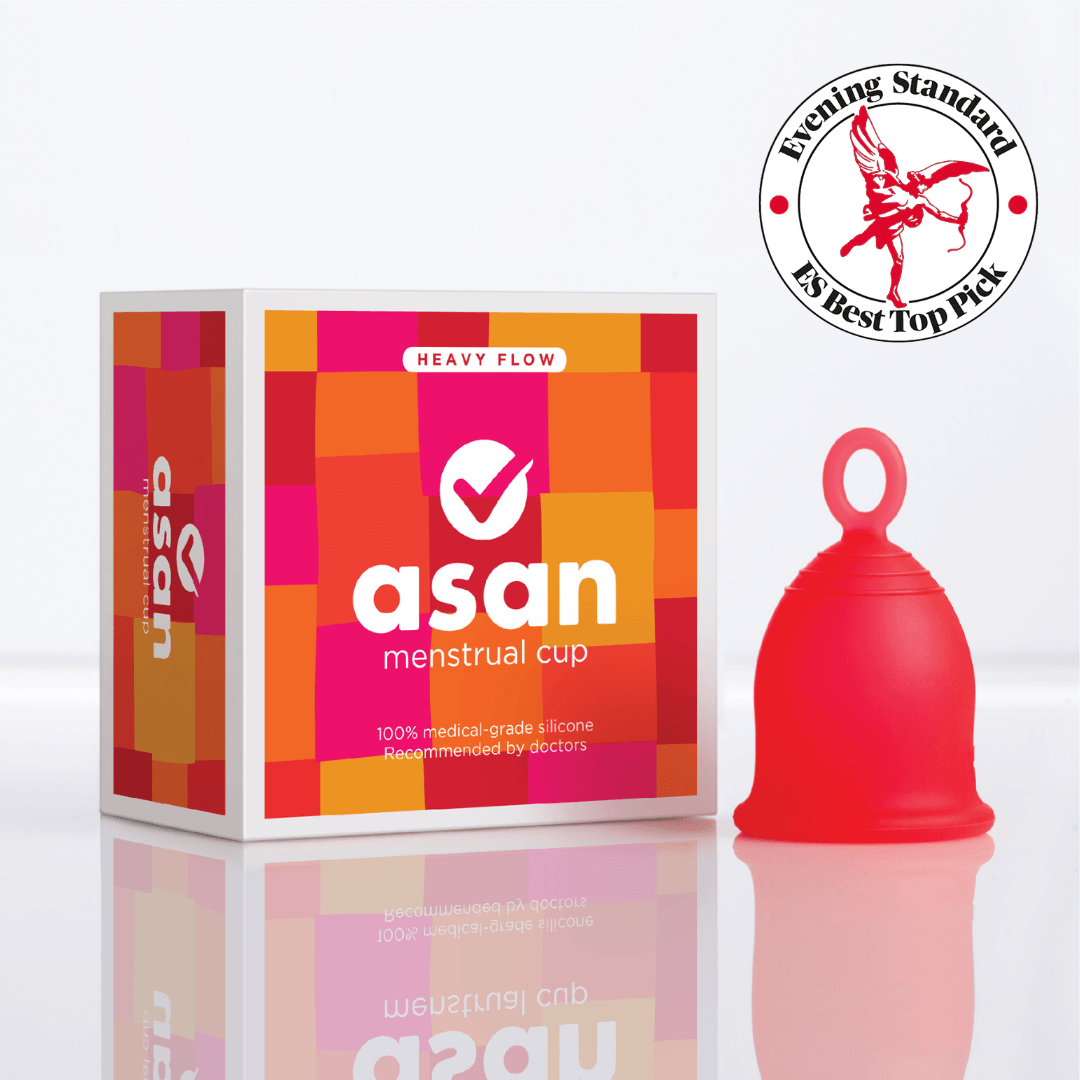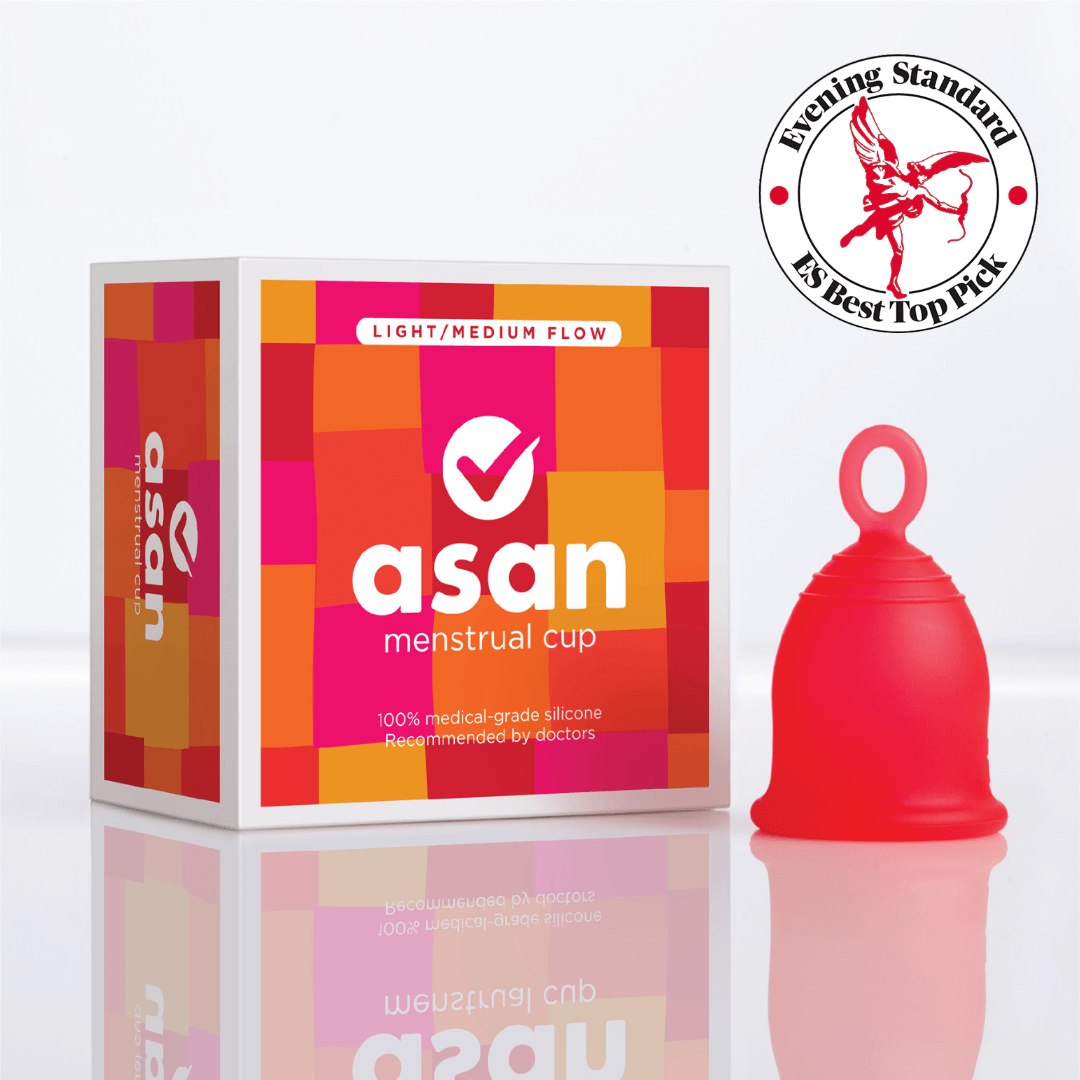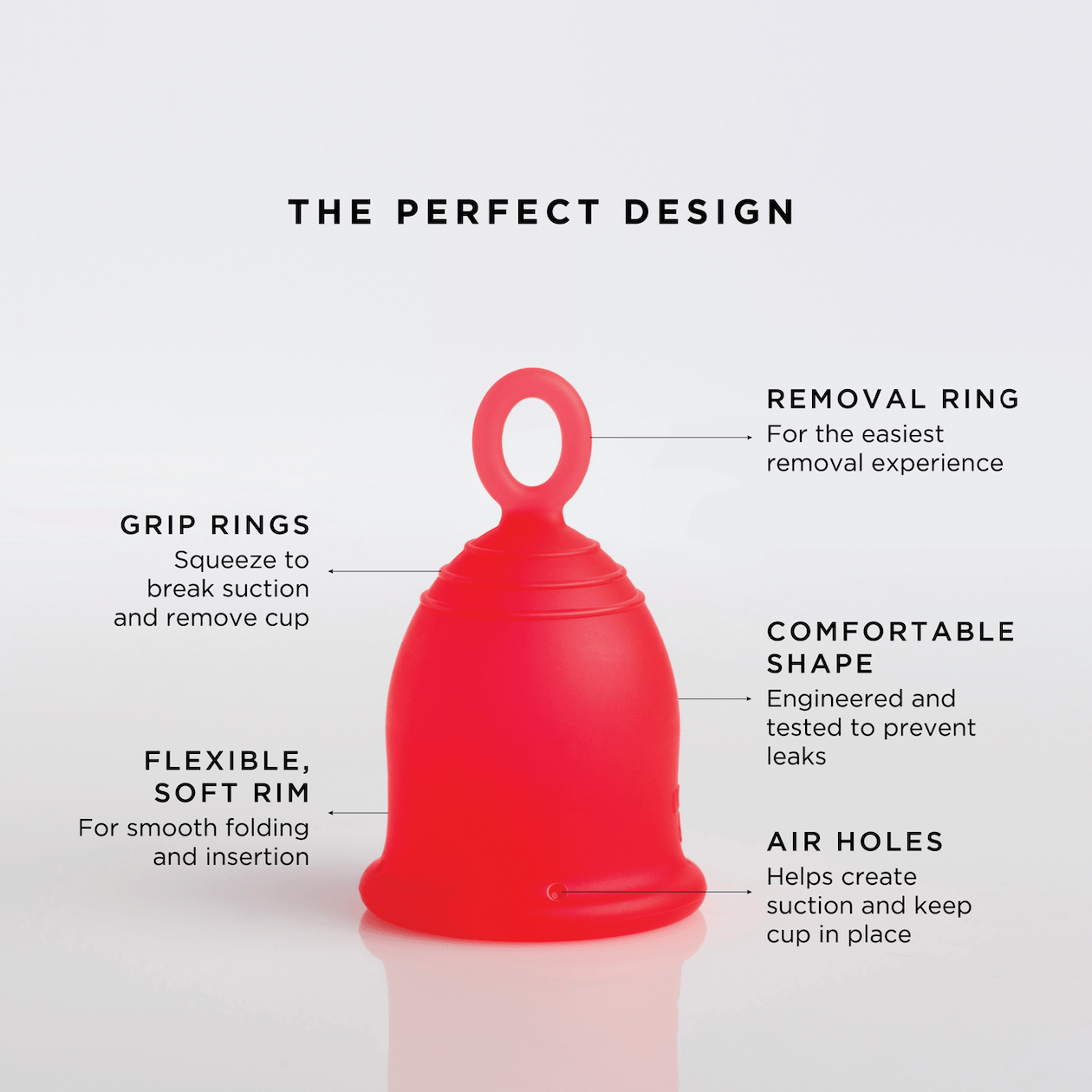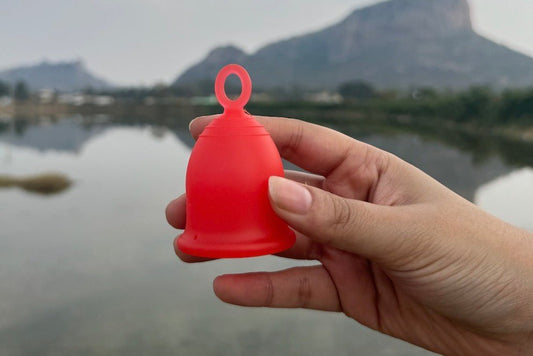 Have you been wanting to learn about birth control pills but not sure who to ask and where to start?
Have you been wanting to learn about birth control pills but not sure who to ask and where to start?
One of the most popular and common forms of contraception are birth control pills. But while you may have heard of birth control pills, there is little information about exactly how it works and how it affects our periods.
Since many of us may need to use birth control at some point - whether for contraceptive purposes or reproductive health issues - we should definitely know how the pill works and the side effects of birth control pills.
So in this blog, let's learn about what birth control pills are, how to use them and what effects they may have on our bodies.
Birth control pills stop your periods from happening altogether, and instead cause withdrawal bleeding.
what are birth control pills made from?
Birth control pills primarily are a form of contraception - so essentially they are used to prevent pregnancy through penetrative sex. You may have heard of them as oral contraceptive pills (OCP’s).
These pills have synthetic versions of two key hormones found in our bodies - oestrogen and progesterone.
Birth control pills come in two combinations:
- The combination pill, which contains both oestrogen and progestin
- The progestin-only pill
The combination that you will be prescribed by your doctor depends on your body and your purpose for taking the pill.
Please keep in mind that each pill may vary in their chemical-hormonal composition, formulations and their regimen for usage. So it's important to ask your doctor about which pill you are being prescribed and why.
what are oestrogen and progesterone?
Oestrogen is a hormone that works to develop reproductive organs and other physical traits in a biologically female body - such as breast, hips and menstruation.
Progesterone is known as the pregnancy hormone, and is vital towards forming the endometrium layer inside the uterus for implantation of a fertilised egg and its growth.
Both oestrogen and progesterone are important for reproduction to happen.
 what are birth control pills used for?
what are birth control pills used for?
While birth control pills are primarily used to prevent a pregnancy, some people also use birth control pills for regulating periods.
They can also be used to regulate hormone levels in menstrual health-related conditions, such as PCOS and PCOD.
There are other medical purposes that these pills serve too - including treating acne and relieving endometriosis pain symptoms.
how do birth control pills work?
Before we learn about how birth control pills work, let’s understand what happens in our bodies during our menstrual cycle.
A menstrual cycle starts with high levels of oestrogen during your follicular phase. Then, to prepare for ovulation your oestrogen levels start dropping and progesterone levels rise.
Once your body realises that it will not get pregnant, you ovulate - after which your progesterone levels drop.
When you start using birth control pills, your body stops producing oestrogen and progesterone naturally. Instead, this hormone production is replaced by small and controlled doses of both hormones throughout the month.
how do birth control pills stop a pregnancy?
Typical birth control pills prevent fertilisation from happening inside our womb by stopping the sperm and egg from meeting. This can happen in three ways:
1. The birth control pill stops your body's progesterone levels from rising, hence stopping the process of ovulation. So your ovaries will no longer release an egg.
2. The birth control pill can thicken the cervical mucus, preventing sperm from entering the cervix.
3. The birth control pill can prevent the lining of your womb from getting thinner - which is needed for a fertilised egg to get implanted.
how often do i need to take birth control pills?
Birth control pills need to be taken daily - ideally at the same time every day to ensure they are effective.
They are offered as either a 21-day course or 28-day course. In either of the courses, the first 21 pills contain active hormones which work to suppress ovulation.
 In the case of the 28-day pill, the other 7 day pills don’t have an active ingredient and are simply meant to help you maintain your routine of taking the pill. During these 7 days, you will experience something called a withdrawal bleed.
In the case of the 28-day pill, the other 7 day pills don’t have an active ingredient and are simply meant to help you maintain your routine of taking the pill. During these 7 days, you will experience something called a withdrawal bleed.
what is a withdrawal bleed?
Essentially, the birth control pill replaces your menstrual cycle with an artificial cycle. And so, your period is replaced by a withdrawal bleed.
By orally consuming hormones, birth control pills give you just the right amount of oestrogen and progesterone that your body needs.
So instead of the thick uterine lining that your body produces and gets rid of when you menstruate, the birth control pill produces a much thinner uterine lining. This is what is discharged when you take the inactive pill - and is called the withdrawal bleed.
While the withdrawal bleed may look and feel like a period, it’s not your period. Instead it’s a lighter and more regular version of your period.
how do birth control pills help with menstrual health-related conditions?
Conditions such as PCOD, PCOS, endometriosis and menorrhagia all happen because of an imbalance in your hormones - where your body is producing either too much or too little oestrogen and/or progesterone.
By taking the birth control pill, it shuts down your natural hormone production. As a result, you’ll no longer experience the symptoms of these menstrual health conditions.
In many cases where people have heavy or irregular periods prior to starting birth control, you will experience lighter, more regular and less painful periods on birth control pills.
Please keep in mind that birth control pills are used for symptomatic relief - not as a cure for any condition.
And its effects vary from person to person, depending on the condition and symptoms you have. In fact, doctors and gynaecologists themselves often disagree about when the birth control pill should be prescribed.
can i take the active pill everyday and skip my withdrawal bleed?
Technically, yes you can.
If you take the active pill every day of the month, you can skip your withdrawal bleed. This can be a convenient option for when you’re travelling or have an important event. But please keep in mind that continuously skipping your withdrawal bleed can cause side effects such as severe headaches and bloating.
But please keep in mind that continuously skipping your withdrawal bleed can cause side effects such as severe headaches and bloating.
Your body needs a break from the birth control pill hormones and needs to discard the built-up uterine lining, so make sure to trigger a withdrawal bleed at least once every three months.
are birth control pills the same as the morning after pill?
No, birth control pills are different from the morning after pill.
The morning after pills is known as the emergency pill. Like the name suggests, it is used in an emergency, such as unprotected sex or if the condom broke, to avoid an unplanned pregnancy. The emergency pill functions by delaying or stopping the process of ovulation. It can also prevent a fertilised egg from implanting itself in the uterus.
The emergency pill functions by delaying or stopping the process of ovulation. It can also prevent a fertilised egg from implanting itself in the uterus.
Please keep in mind that the emergency pill should not be used as regular birth control as it can have harmful side effects on your menstrual health and body if taken regularly.
what are the common side effects of birth control pills on your body?
The side effects of birth control pills on your body depend from person to person - and usually tend to settle in a few months of being on the pill. If there are any extended symptoms it is always good to consult a doctor.
Some of the most common side effects are :
- Nausea
- Irregular spotting
- Reduced sex drive
- Mood swings
- Tender/sore breasts
- Headaches
- Weight gain
 what will happen if i go off birth control?
what will happen if i go off birth control?
When you go off birth control, your natural menstrual cycle will resume. It may be similar to what it was like before you were on birth control.
However, birth control pills can affect your menstrual cycle as they change the hormone composition of your body. So you might notice some changes in your period depending on your body.
For example, irregular spotting and bleeding outside of your period is common initially - but these symptoms should settle within a few months.
Please keep in mind that it is important to consult your gynaecologist if you notice anything extremely irregular with your periods after starting birth control.
frequently asked questions
Do birth control pills make your period lighter?
Yes, birth control pills can make your period lighter as you’ll no longer have thick uterine lining to discharge every month. Instead, you will have a withdrawal bleed which is generally lighter than a natural menstrual period.
Can birth control pills cause heavy periods?
Birth control pills shouldn’t usually cause heavy periods.
However, if you have been prescribed birth control pills because you didn’t get periods at all, then you may initially experience heavier bleeding than you are used to.
If you notice unsettling changes in your period, we suggest you consult a gynaecologist.
Can birth control pills delay your period?
Yes, birth control pills can change the duration of your period, including delaying or preventing your period from coming at all.
It depends on the combination of oestrogen-progestin pills you are taking, so it’s best to ask the doctor that prescribed your pills.
Do birth control pills regulate periods?
If you are someone that experiences irregular periods, birth control pills are an effective way to regulate periods. This is because the hormones contained in the birth control will replace your natural menstrual cycle with an artificial cycle that is more predictable.
Birth control pills can help your periods come on time and also manage heavy period flow.
Can birth control pills affect the duration of your period?
Birth control pills shouldnt usually affect the duration of your period. However you might experience shorter periods on birth control pills.
This can vary from person to person so it’s best to consult your doctor if you notice super long or short periods after starting birth control pills.
Can birth control pills cause irregular periods?
As birth control pills maintain the same hormone levels in your body throughout the month, they shouldn't cause irregular periods.
But it is important to remember that these pills replace hormones in the body to prevent pregnancy - and any hormonal changes can disrupt your monthly cycle.
During the first few months of starting the pills it’s normal to experience irregular withdrawal bleeds. It takes time for your body to get used to the pill so give it at least 3 months.
If you are experiencing menstrual irregularities on birth control pills for more than 3 months, we recommend you speak to your doctor.
How long does it take for birth control pills to affect your period?
The time it takes for a birth control pill to affect your period depends on the combination of hormone components present in the pill.
For example, if you are taking a progestin pill then it will take almost 2 days to start affecting your period. Whereas if you’re taking a pill with both oestrogen and progestin, it will affect your period immediately.
The best way to find out how long it will take for a pill to affect your period is by asking your doctor.
Are there any birth control pills that stop periods completely?
In a sense, stopping our ‘natural’ periods is what birth control pills do. The combined pill that has both oestrogen and progestin prevents ovulation from happening and stops periods completely, replacing them with an artificial withdrawal bleed.
Are there any long term effects of taking birth control pills?
The evidence here is mixed. Some studies suggest that if you take continuous birth control pills over a long term, they have been known to cause bone thinning, cysts in breasts and ovarian cancers.
If you notice any irregular changes in your body after using birth control pills, it’s best to consult your doctor to ensure everything is healthy.
Can birth control pills cause blood clots and deep vein thrombosis?
Deep vein thrombosis, commonly known as DVT, is when blood clots develop inside deep veins inside your body and can travel into vital organs such as your heart or lungs.
The oestrogen hormone found in birth control pills is known to increase chances of blood clots, which can also be in the form of DVT’s.
Because of this, anyone with high blood pressure (higher than 140 mg) is advised not to take birth control pills.
Can you use a menstrual cup if you are taking birth control pills?
Yes absolutely!
You can comfortably use a menstrual cup to manage your period if you’re on birth control pills.
In fact using a menstrual cup is a great way to monitor how your period flow changes due to birth control as you can measure your flow more accurately.
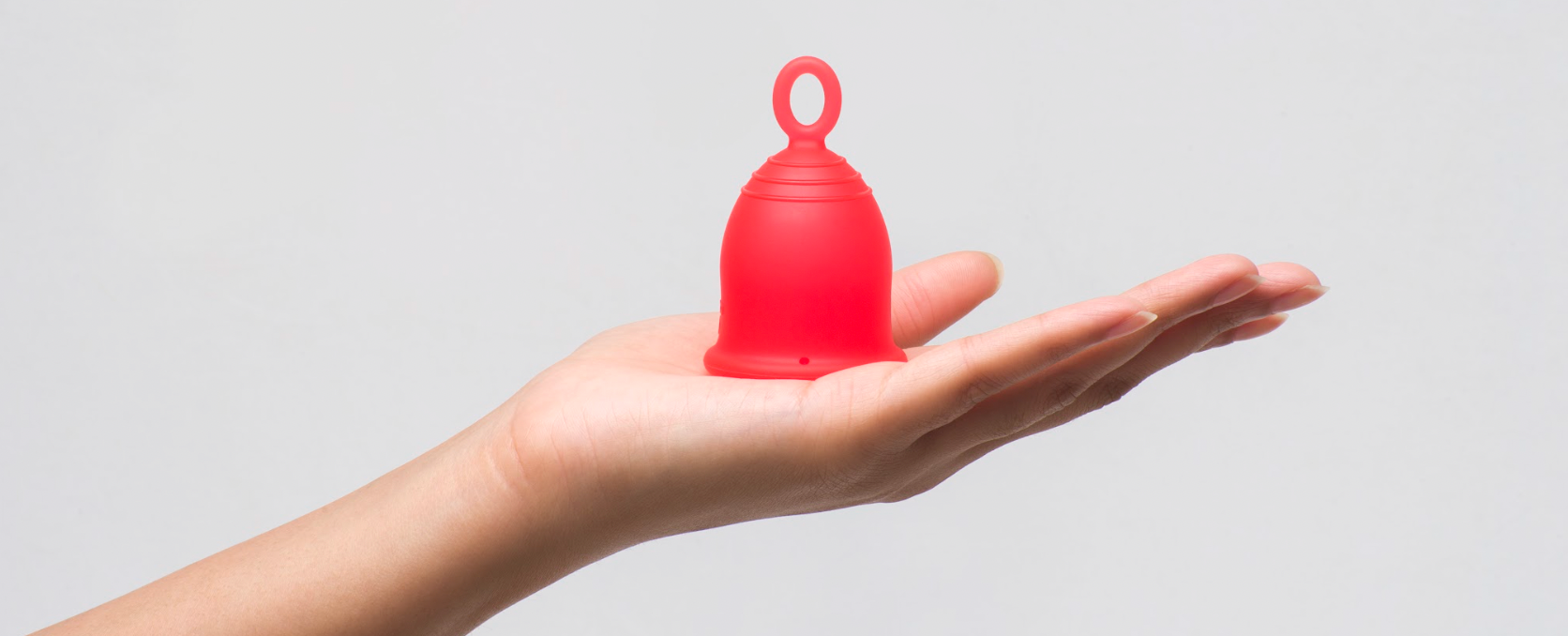 Want to make the switch to a high quality menstrual cup? Shop here now.
Want to make the switch to a high quality menstrual cup? Shop here now.

